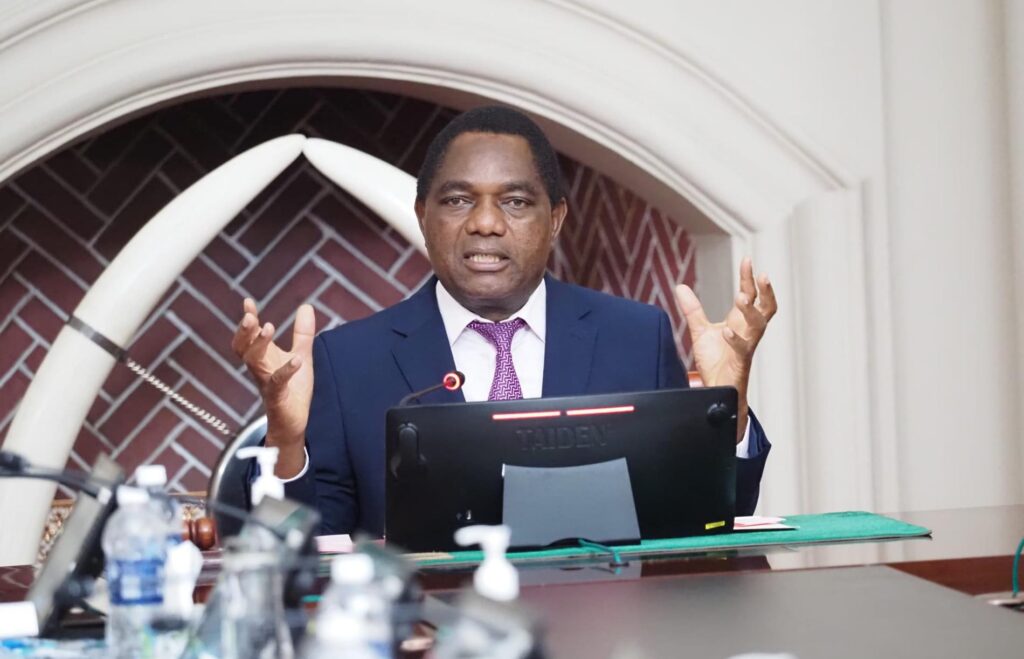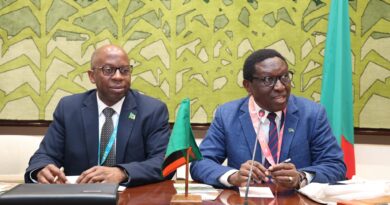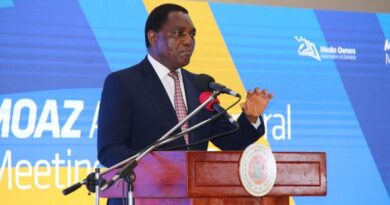President Hichilema Introduces Voluntary National Service, Calls for Women-Led Change
President Hakainde Hichilema has announced plans to launch a Voluntary National Service program aimed at empowering Zambian youth. Speaking at State House during a meeting with 40 women’s organizations under the Gender Machinery Framework, he outlined how the program could instill discipline and resilience among young people while also offering potential pathways into defense forces training and employment. The rollout, he noted, will depend on resource availability.
The President reflected on Zambia’s past, regretting the discontinuation of both the National Service under the Zambia National Service (ZNS) and free education, which he believes have contributed to social issues such as teenage pregnancies, child marriages, and homelessness among children. He expressed that the new initiative would help address these challenges and support youth development.
President Hichilema further emphasized women’s role in Zambia’s growth, urging for their increased engagement in all sectors to foster a resilient and economically empowered society. He emphasized that investing in women’s education, health, and financial independence is essential to building a more inclusive Zambia.
He urged women to champion change in their communities and help drive the country’s economic transformation, emphasizing that their empowerment benefits society as a whole.
Responding to a range of gender-related challenges presented by the Gender Machinery, President Hichilema directed the creation of a dedicated working group to tackle these issues and report back to him.
Gender Division Permanent Secretary Mainga Kabika expressed gratitude for the President’s commitment to gender equality, while UN Resident Coordinator Beatrice Mutali urged stronger protections for women in politics, particularly from social media abuse.
Other representatives raised specific needs, including establishing safe houses for survivors of Gender-Based Violence (GBV), financial access for women entrepreneurs, and youth representation in the National Assembly.
Johans Mtonga, from the Social Inclusion on Gender Cluster, advocated for GBV safe houses, and Zambia Federation of Women in Business CEO Maureen Sumbwe called on the Central Bank to facilitate women’s access to credit through movable collateral. Anne Anamela proposed a mixed-member proportional representation system to guarantee youth, women, and persons with disabilities seats in the National Assembly.
Chileshe Katongo recommended data-driven approaches to address GBV, while Chali Hambayi suggested decentralizing the National Prosecution Authority (NPA) to improve access to justice nationwide.
Seth Broekmana, representing Cooperating Partners, thanked President Hichilema for engaging with the Gender Machinery, noting that collaborating partners have already secured funding for implementing gender initiatives.



